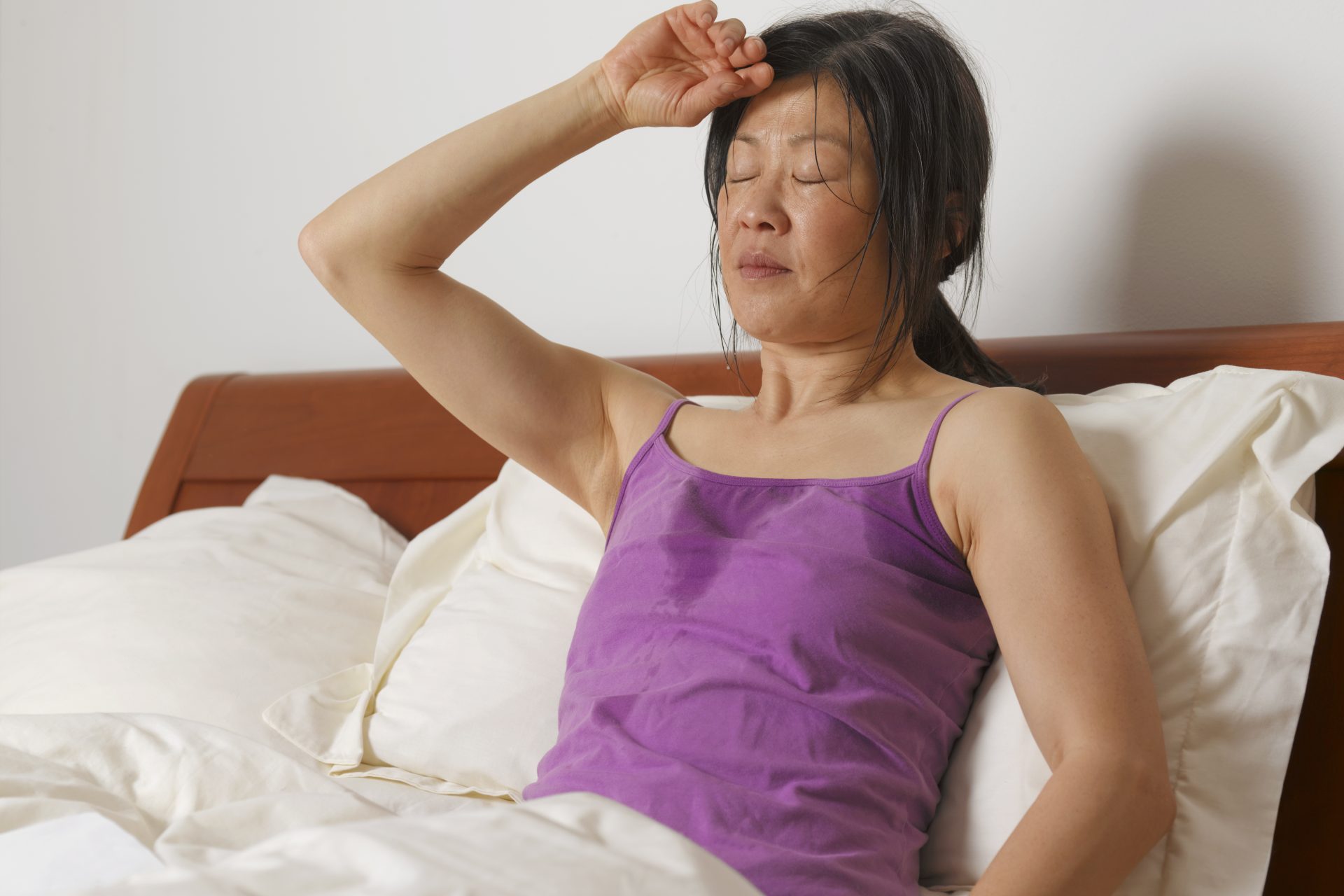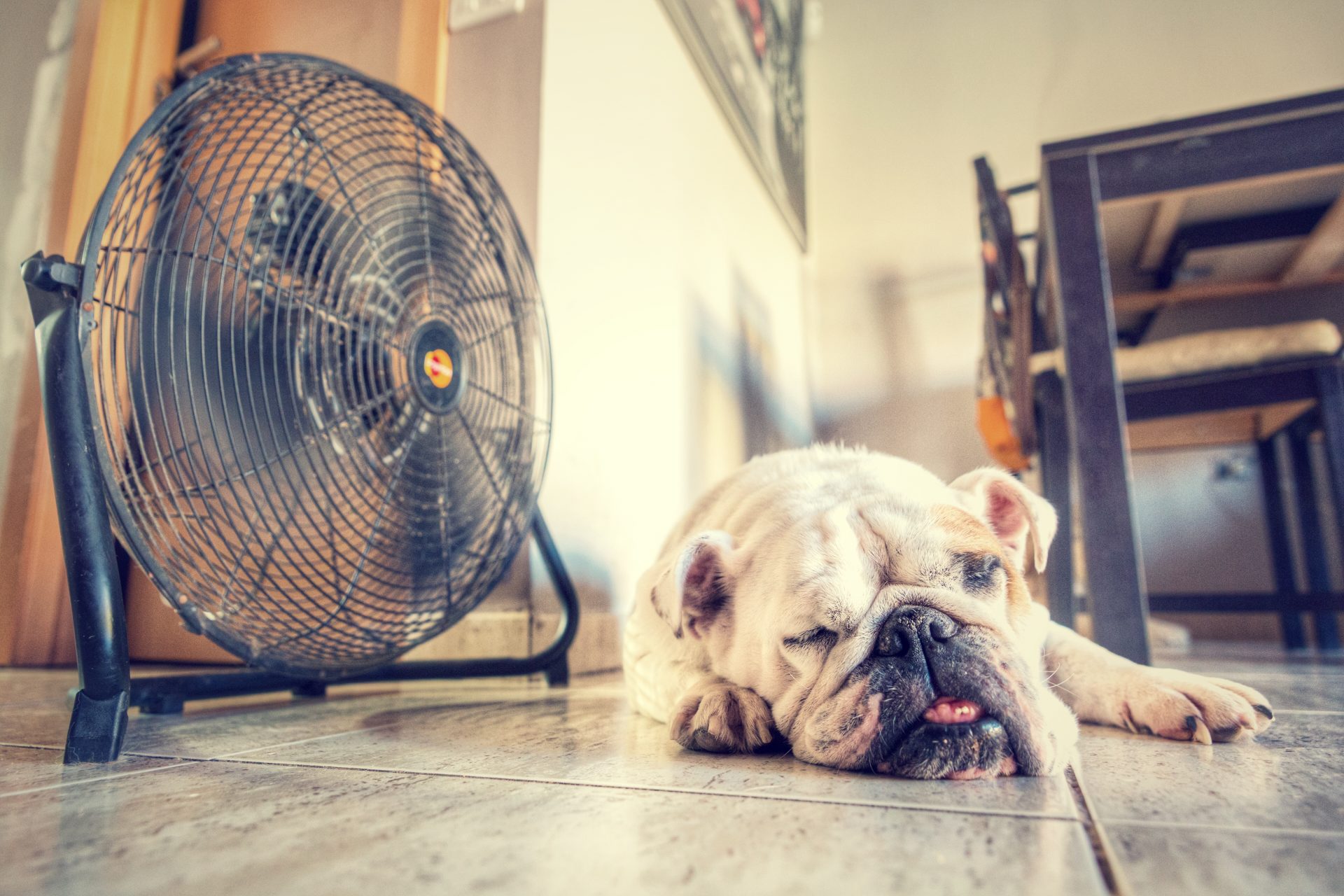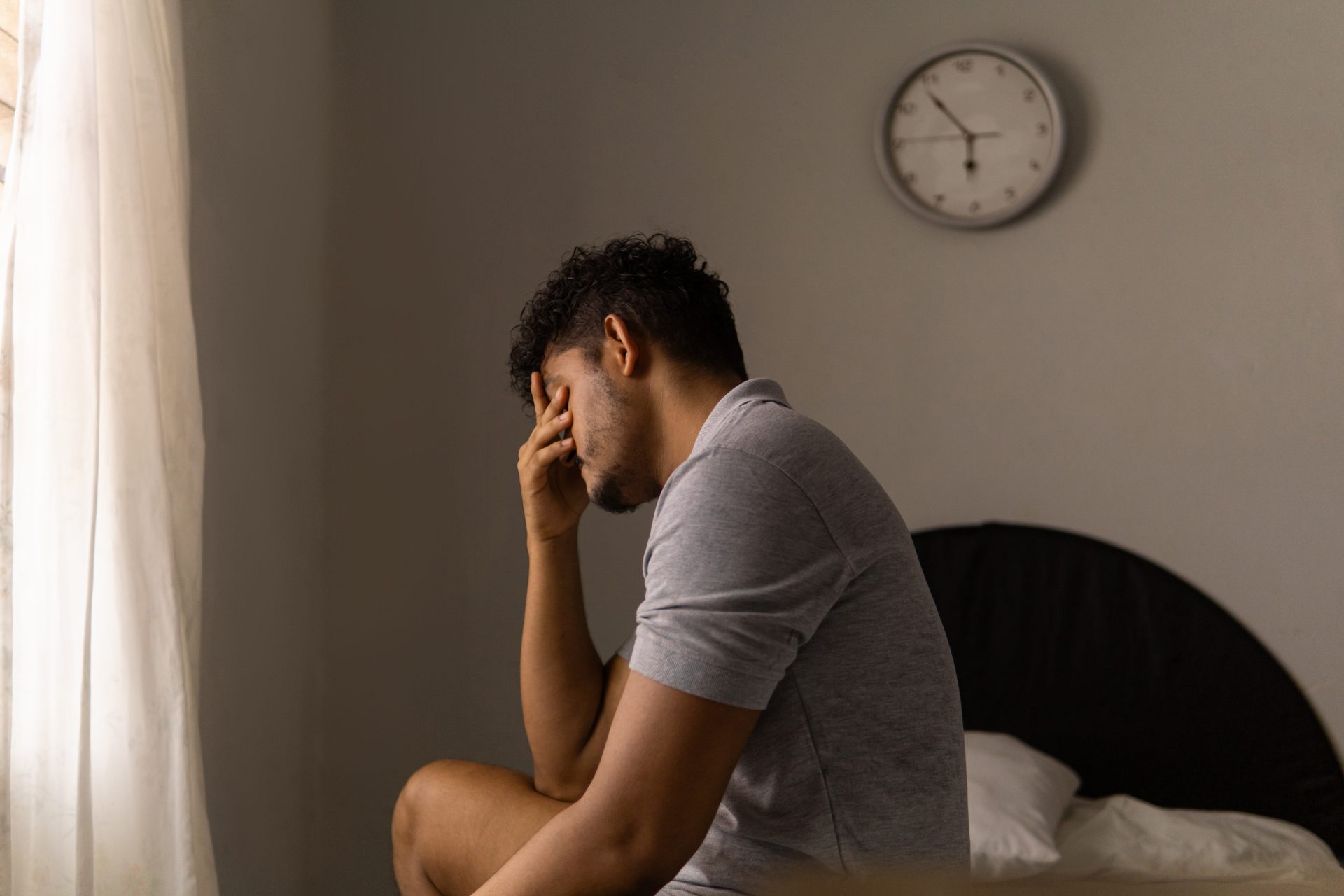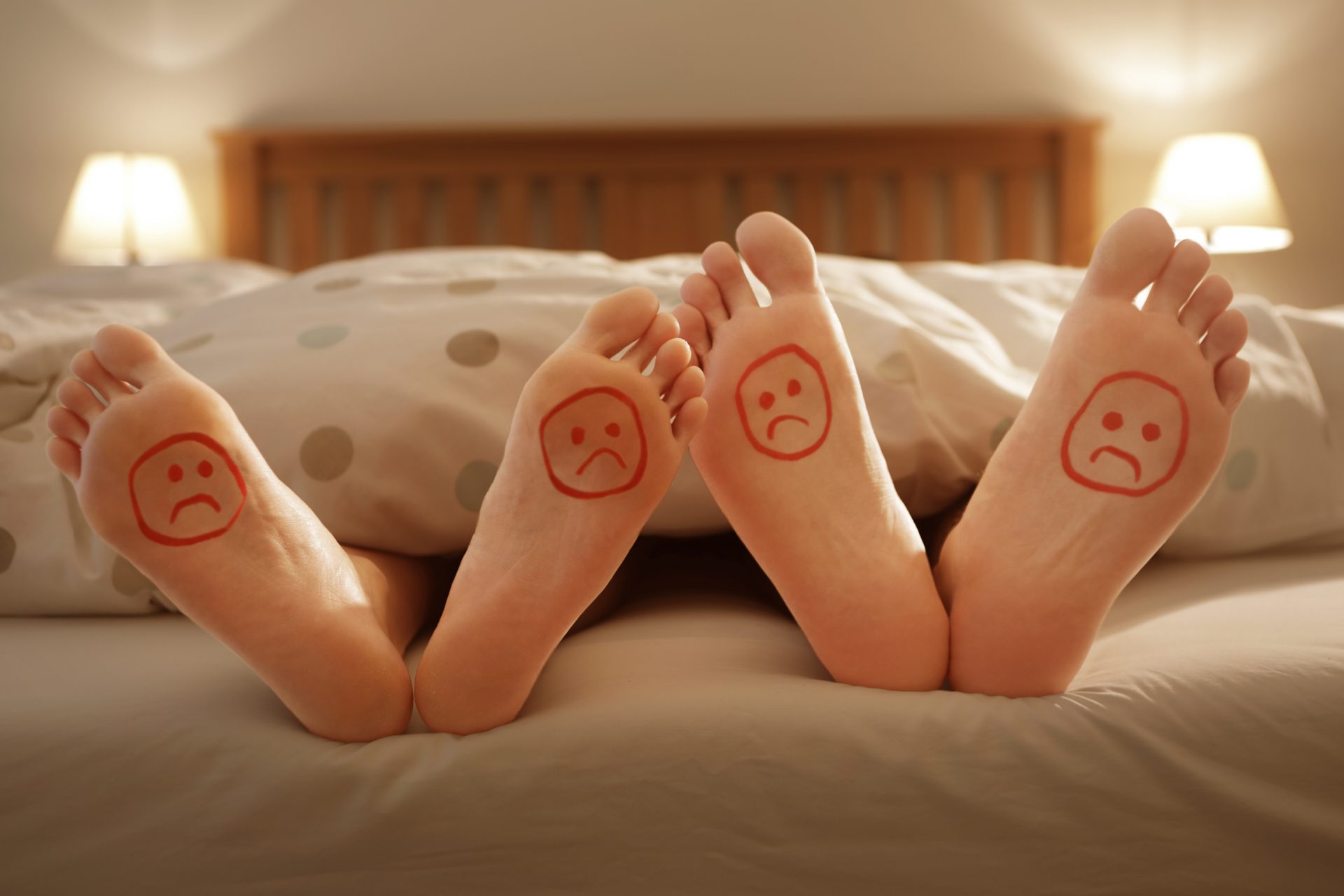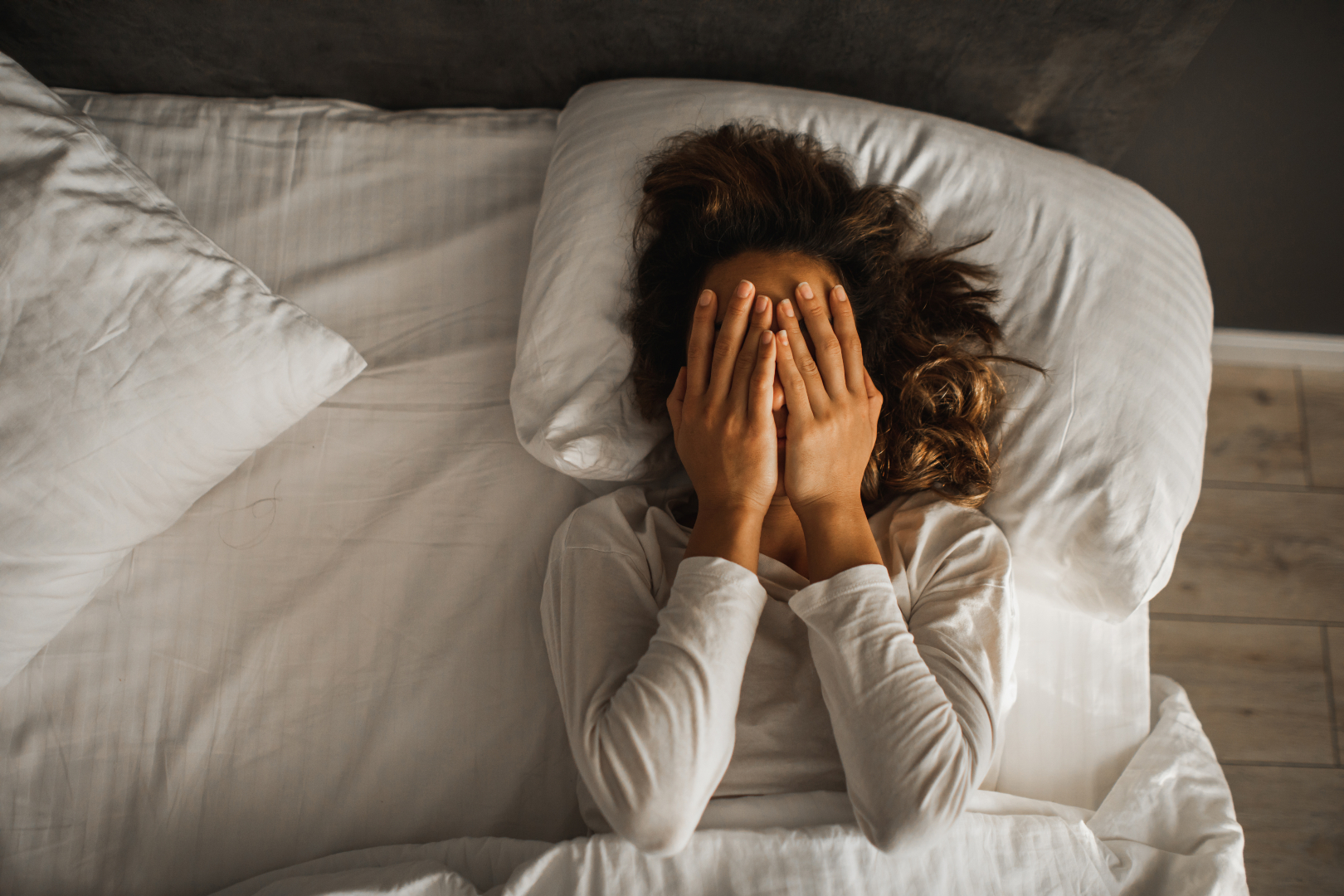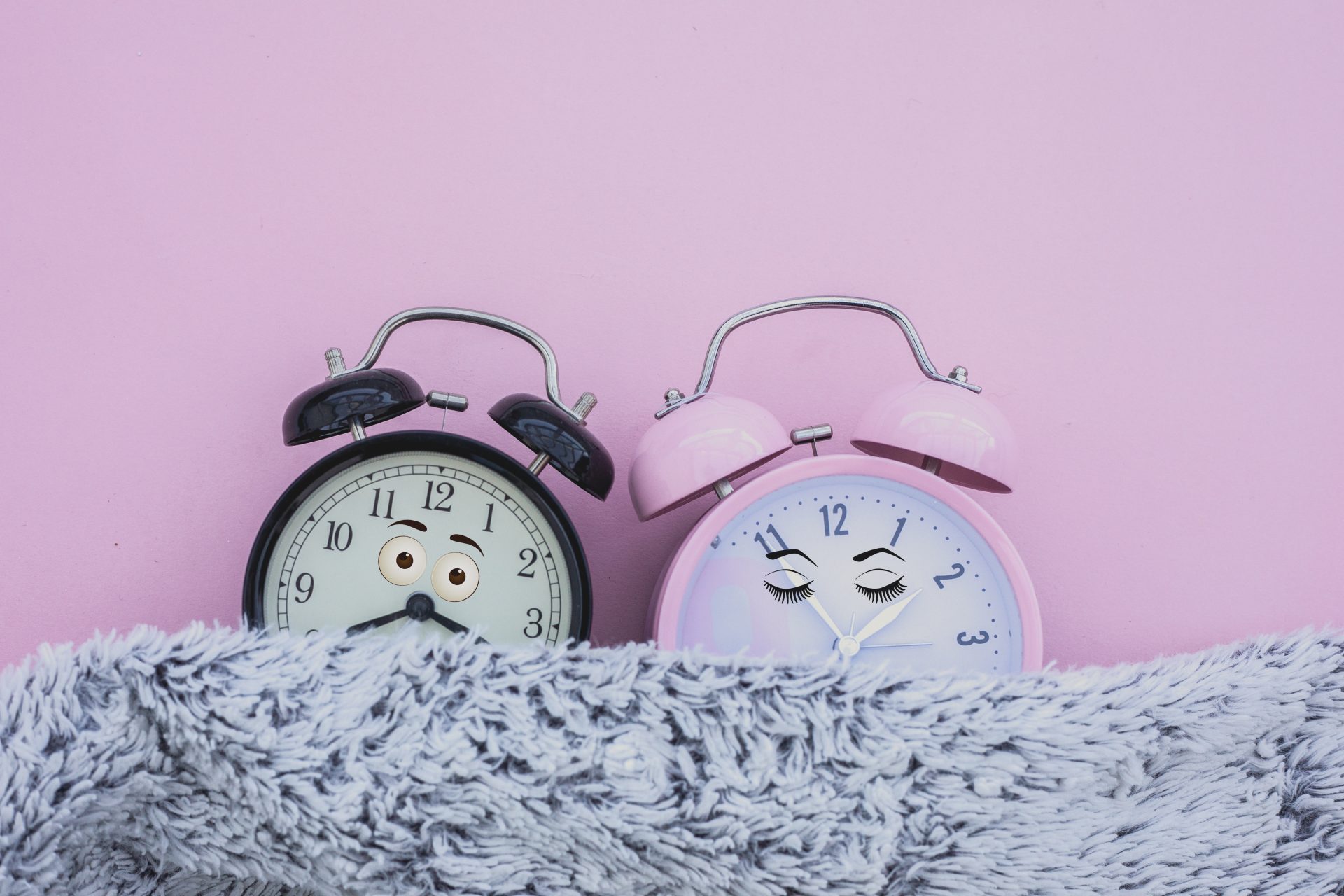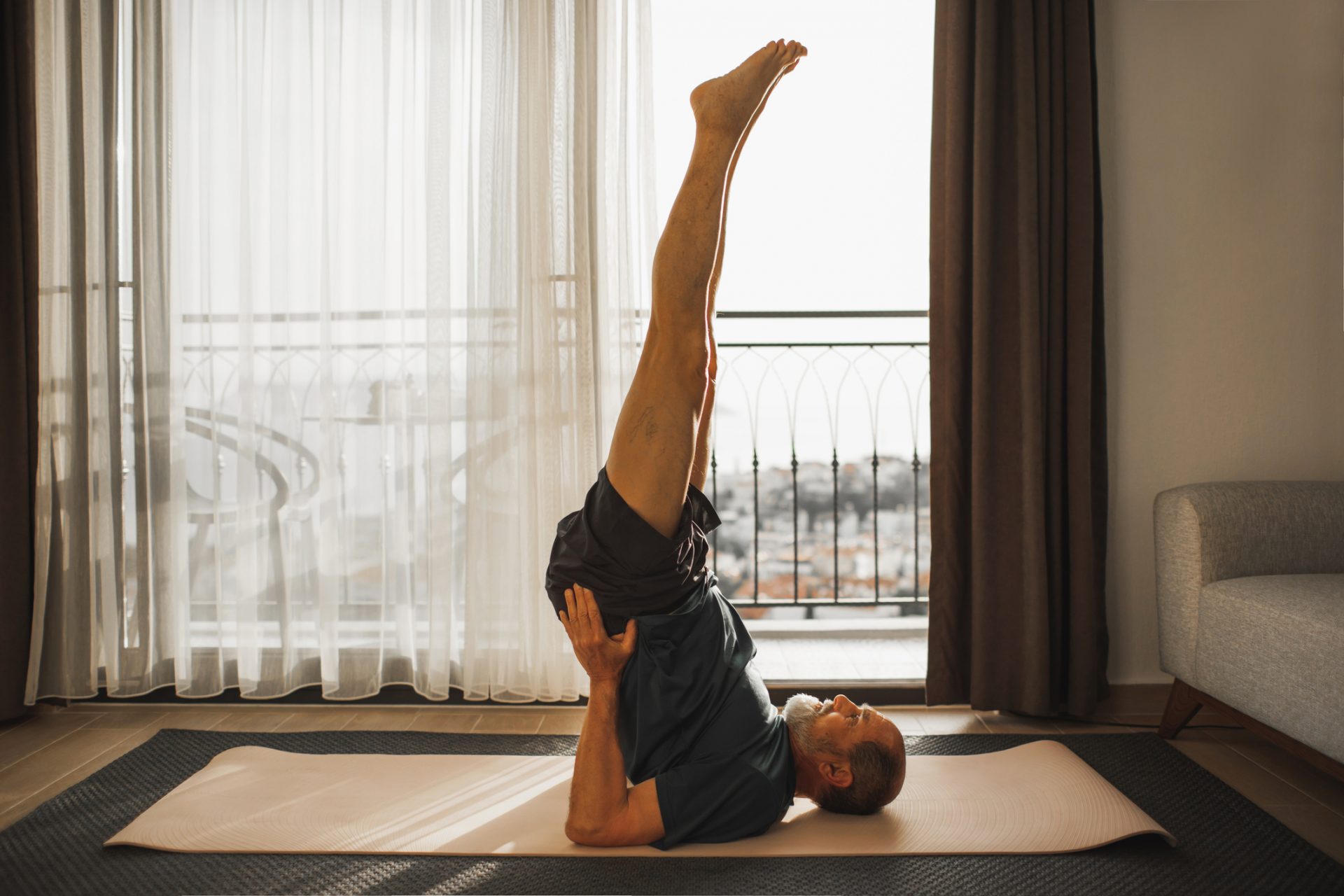Hot sleeper? What it means and how to stay cool at night
Are you someone who often finds yourself throwing off the blankets in the middle of the night, feeling uncomfortably warm regardless of the weather? If so, you might be a "hot sleeper." This issue, which affects between 10-41% of the population, according to Healthline, can significantly disrupt a good night's sleep.
The body's core temperature naturally dips at night, so any disruption in this process can result in feeling too hot. This can be due to a fast metabolism, higher body mass, low blood sugar, hormones (hello, menopause!), anxiety, and other health conditions that affect body temperature regulation. Sometimes, the cause is simply unknown.
Notice that you end up having to tear off the sheets after a boozy evening? Yep, alcohol and other drugs can be triggers. According to the NHS, even some medicines like certain antidepressants, steroids and painkillers may be the cause.
As the body winds down for the night, it naturally lowers the body temperature. Part of how it does this is by increasing blood flow to hands and feet, in a process called distal vasodilation, according to the Sleep Foundation.
Sleeping hot isn’t just uncomfortable — it can also pose health risks such as dehydration and heat rash. It can interrupt the sleep cycle, leading to less restorative sleep, which might impact overall health and well-being.
It’s common for couples who sleep together to get into temperature wars. One says the other radiates heat like an oven, leading the other to wake up sweating. The other likes a warm room for sleeping and can’t stand the air conditioner, for example.
For those sleeping alone, managing sleep temperature can involve using breathable bedding materials like cotton or bamboo and investing in cooling sleep technology such as gel pillows or mattress pads. Keeping the bedroom around 65 degrees Fahrenheit (about 18 degrees Celsius) is recommended by sleep experts for optimal sleep, according to Sleep Foundation.
Couples with different sleep temperature needs might consider dual-zone bedding and climate control solutions like bed fans, which can direct airflow to one side of the bed only. Air circulators, such as the Vornado, can also be a good compromise if one party can’t stand a direct stream of air. Layering blankets and reducing sleepwear can also offer individual comfort without compromise. Finally, there is also no shame in a sleep divorce.
Image: IKEA TOG-ether via IKEA UK Youtube
Sleep divorces: The unconventional marriage hack of the stars
Factors such as diet, evening routines, and bedroom environment play a significant role in body temperature during sleep. Avoiding drinks or heavy meals before bedtime can prevent the body from heating up overnight.
It may seem counterintuitive, but a growing body of research suggests this can help people sleep better, especially those who sleep hot. That may be because it forces the body, already trying to cool down for sleep, to work even harder to cool the body. There is also the theory that warm water stimulates blood flow to the hands and feet, which allows body heat to escape more quickly.
Regular physical activity can improve circulation, the body's ability to regulate temperature, and make you more tired for sleep. However, it's best to avoid high-intensity workouts close to bedtime as they can increase body temperature and affect thermoregulation, according to Sleep Centers of Middle Tennessee.
Persistent discomfort from sleeping hot, especially when accompanied by other symptoms, might indicate an underlying health issue. Conditions like hyperthyroidism can cause increased body heat, so consulting a healthcare professional can be essential for receiving appropriate treatment.

